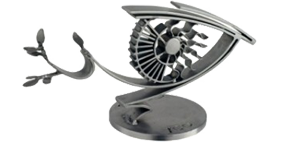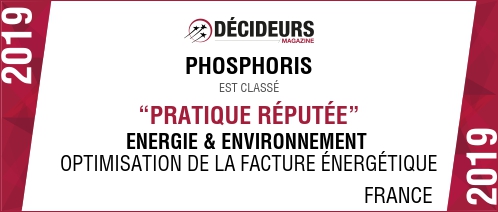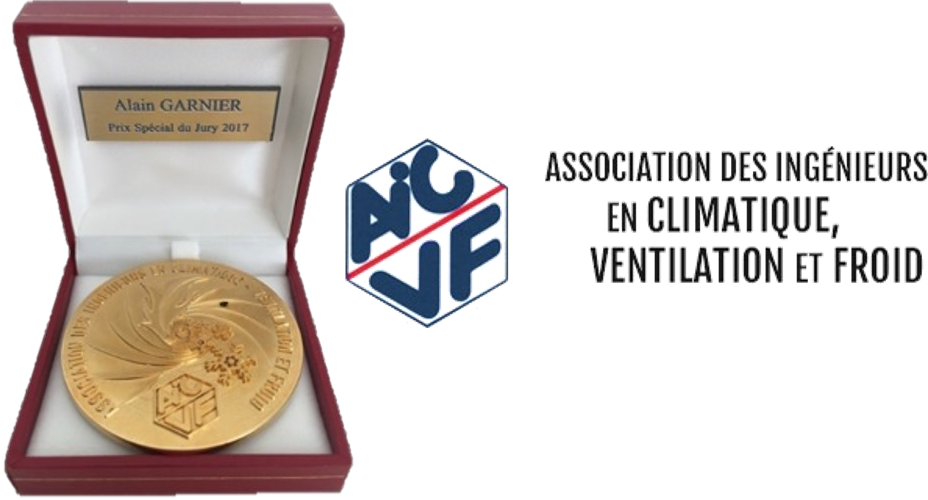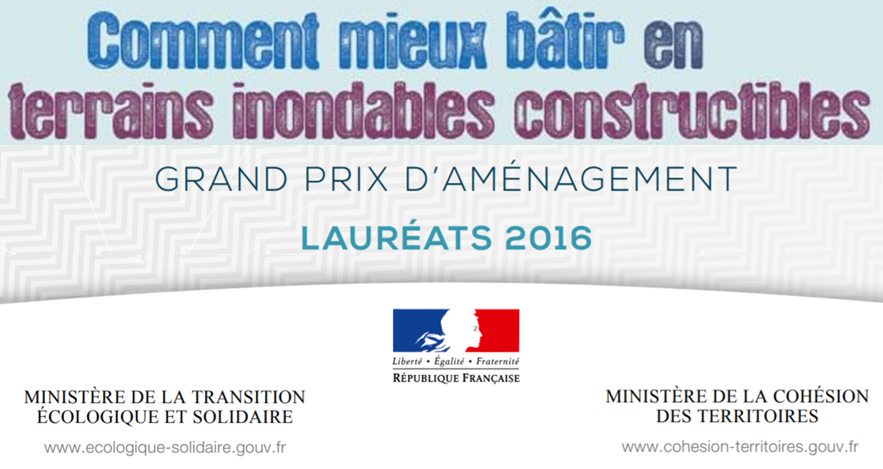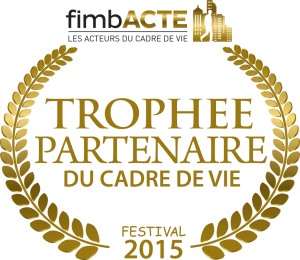RESEARCH & DEVELOPMENT
Innovation at the heart of PHOSPHORIS
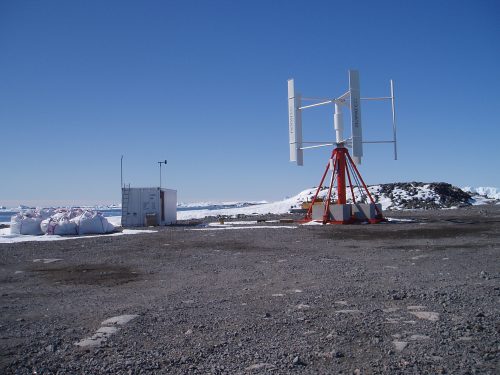
Installation of wind turbine and solar panels – Polar Institute Mission (Antarctic).
PHOSPHORIS operates as a Laboratory: always looking for new concepts, PHOSPHORIS develops with its customers atypical or particularly innovative projects in terms of environmental quality and energy sobriety. These are also regularly rewarded in competitions.
PHOSPHORIS’ deep conviction is that change must take place at a global level. It is for this reason that PHOSPHORIS works together with the organizations that will make the regulations and standards of tomorrow, and thus participates in disseminating its philosophy that a more responsible and energy-saving engineering is possible.
The particular structure of its organization allows PHOSPHORIS to use the synergies of related trades but whose missions are often attributed to several distinct companies: by having a global vision of a project, more relevant solutions can then be detected.
OUR CONCEPTS
The Green Datacenter
It is a matter of restructuring the room to make the organization more efficient → It is the “Urbanization of the room”, made with specialized software.
Several steps:
- A field survey of the temperature.
- A proposed distribution of equipment to harmonize the overall temperature of the room (Urbanization).
- Choosing a best chilled water system.
Natural air conditioning: the Free-chilling
It is natural air conditioning with water: adiabatic cooling can be obtained by passing hot and dry air through a net of water. The heat transferred to the water causes evaporation.
In this way, air conditioning is naturally achieved by external cold:
- For cold process use, free-chilling covers 100% of the air conditioning needs half of the year (Industries, Hospitals, Datacenters, Swimming Pools).
- The use of free-chilling, especially in offices, is possible throughout the year (Tertiary: offices, shopping centers, etc.).
More energy savings can be achieved if the regime of frozen water (temperature where the air is cooled) is increased: It is normally set at 7 ° C / 12 ° C, while a 13 ° C / 18 ° C regime is sufficient.
⇒ These few degrees of difference have a real effect on energy consumption.
Bioclimatic swimming pools
An aquatic center is a particularly energy-intensive building. There are several architectural solutions to reduce consumption:
- The passive pool should receive maximum sunshine,
- High insulation and airtightness to reduce condensation and to set up an efficient system.
- A Texlon roof that lets light through and a multilayer structure can be exploited to allow intelligent control of solar energy.
As well, with more performant systems:
- Heating, dehumidification by absorption heaters indirectly heated by condensing gas boilers,
→Preheating of the ponds, showers and water of the basins thanks to the heat rejection of the machines.
- Thermal coverage of aquatic basins and stopping the air treatment outside the period of opening to the public (except the underfloor heating).
The Eco-neighborhood concept
The eco-neighborhood approach aims to foster a new way of designing, building, developing and managing the city to contribute to the circular economy.
It covers all aspects of sustainable development: water, waste, biodiversity, mobility, energy sobriety and renewable energies, density and urban forms, eco-construction … As well as ecological flows that connect lakes, forests, etc.
It also aims to promote :
- Living environment and use – improving the daily life
- Territorial development – revitalizing the territory
- Environment and climate – responding to climate and environmental emergency.
After being first ranked “Recommended” in 2019, PHOSPHORIS Engineering has been rated “Highly recommended” in the ranking of the 2020 Energy & Environment Guide – Optimization of the Energy Bill by Décideurs Magazine.
Development special award “building on constructible floodplains ” 2016 in the construction category for the Environmental Cluster of Auxerre, with the “Public Equipment” special mention, awarded by Ministry of Cohesion of the Territories and the Ministry of Ecological Transition and Solidarity. This “Environment House” project uses sustainable building principles: within the team of Romain VIAULT (Architect), PHOSPHORIS Engineering was in charge of the design and management of fluids, consulting in green technologies and the application of High Environmental Quality principles.
In 2015, CSTB awarded the INNOVATION TROPHY to PHOSPHORIS / BE Alain GARNIER for its project on architectural and energy conciliation: innovation at the heart of aquatic centers.
The goal of the BE Garnier / PHOSPHORIS was to highlight innovation at the heart of aquatic centers for more responsible swimming pools that combine bioclimatic architecture and energy production. The use, on the one hand, of an architecture based on insolation and sunlight, and on the other hand of methods of energy production such as Free Chilling and Recovery of “rejection heat” enabled BE A. Garnier to divide energy expenditure by 2. The most recent of its achievements is the swimming pool of St Bonnet en Champsaur in the middle of the Alps.
Technical prize 2013: renovation of the BGGR-ESSILOR plant in Sézanne (France) with an electric energy gain dedicated to the cold production of 61% and gas of 22%. The objective of the GAZosphère Trophy is to reward and highlight the best professionals and the best projects in terms of the following values: Teamwork; Sustainable design; Environmental protection and energy performance; Economic efficiency; Rigor and technical excellence in implementation
